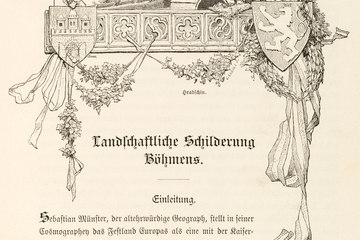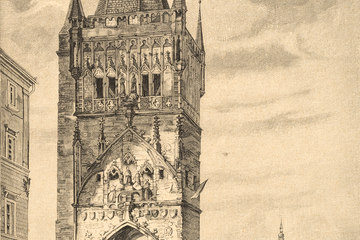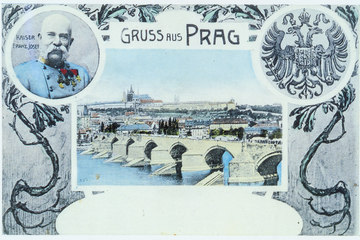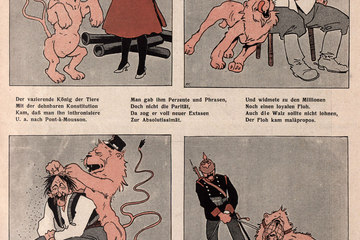The Czechs
The Czechs were the third strongest nationality in the Habsburg Monarchy after the Germans and Magyars.
The course of their evolution into the Czech nation can be seen as absolutely prototypical of the smaller ethnic groups in Central Europe. After speedily catching up in the cultural, economic and social spheres, the modern Czech nation, with remarkable self-assertion, became a rival to the previously dominant German-speaking inhabitants of the Bohemian lands.
What led to a hardening of the fronts was mainly the issue of the status of the Bohemian lands within the Monarchy. Here Czech politics stubbornly insisted on the demand for extensive autonomy after the model of the Austrian-Hungarian Compromise of 1867. This was vehemently rejected by the Bohemian Germans, who would then have ended up in a minority status. The bitter Czech-German antagonism shook the Habsburg Monarchy to its very foundations.
The First World War was a turning point for the Czech position in its relationship to the Austrian monarchy: at the outbreak of the war most Czechs saw no other alternative than its existence within the Habsburg Monarchy, in the meantime, by the end of the war, state autonomy crystallised as a viable exit out of it.











